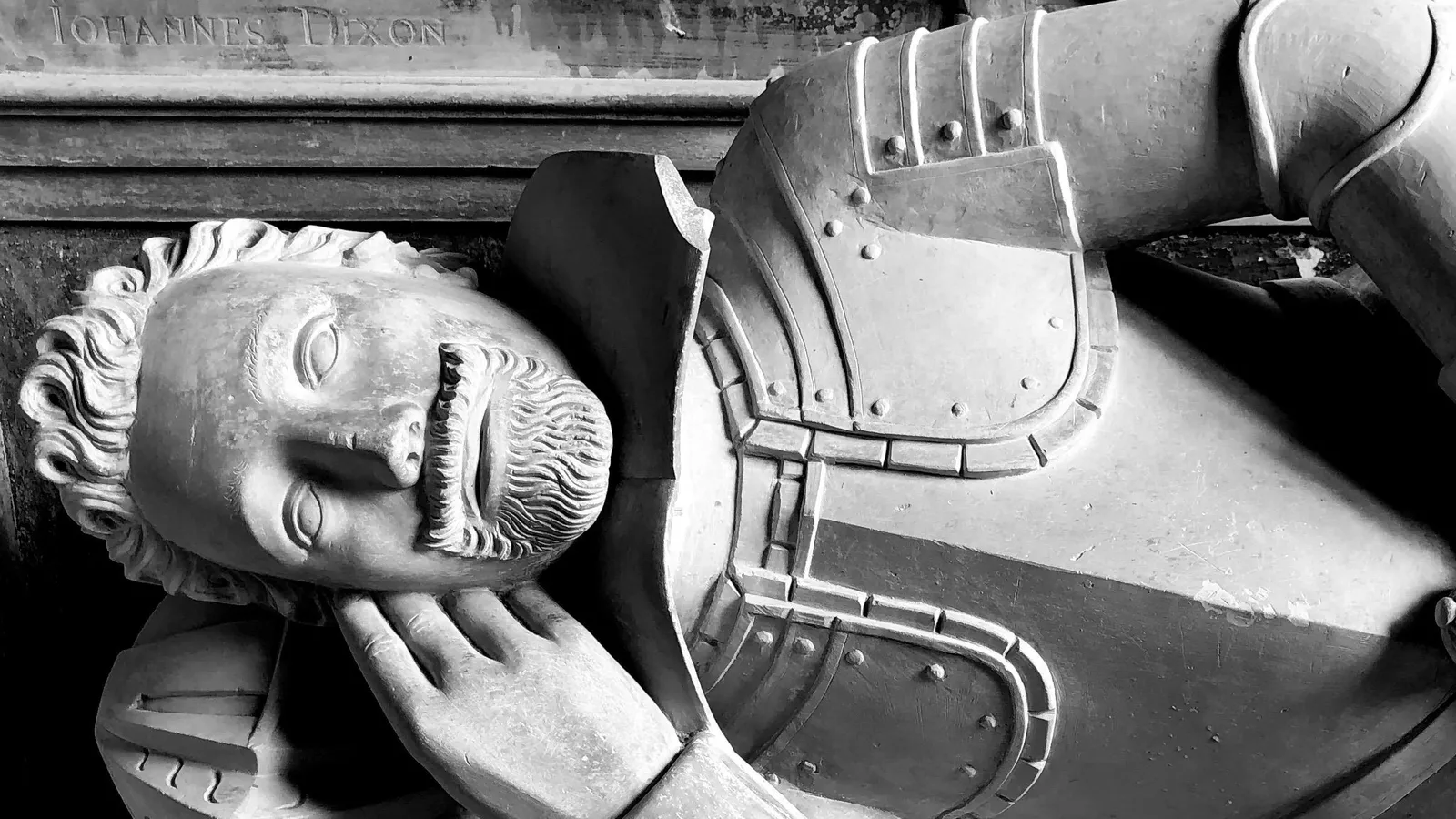
Nearly 300 years later, in the early 1990s, the historian Roger Ekirch walked through the arched entranceway to the Public Record Office in London – an imposing gothic building that housed the UK’s National Archives from 1838 until 2003. There, among the endless rows of ancient vellum papers and manuscripts, he found Jane’s testimony. And something about it struck him as odd.
Originally, Ekirch had been researching a book about the history of night-time, and at the time he had been looking through records that spanned the era between the early Middle Ages and the Industrial Revolution. He was dreading writing the chapter on sleep, thinking that it was not only a universal necessity – but a biological constant. He was sceptical that he’d find anything new.
So far, he had found court depositions particularly illuminating. “They’re a wonderful source for social historians,” says Ekirch, a professor at Virginia Tech, US. “They comment upon activity that’s oftentimes unrelated to the crime itself.”
But as he read through Jane’s criminal deposition, two words seemed to carry an echo of a particularly tantalising detail of life in the 17th Century, which he had never encountered before – “first sleep”.
Perhaps insomnia is normal?
